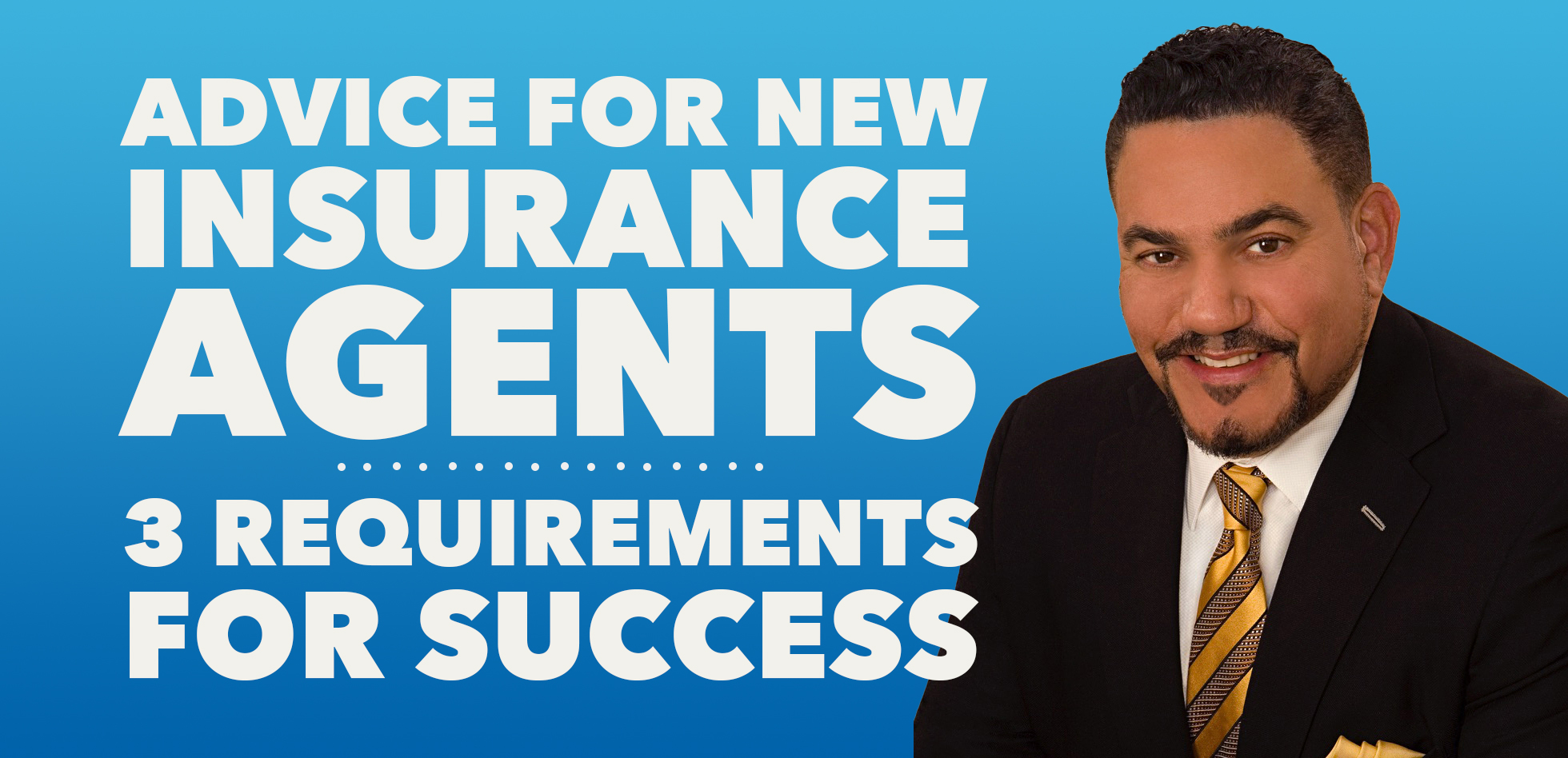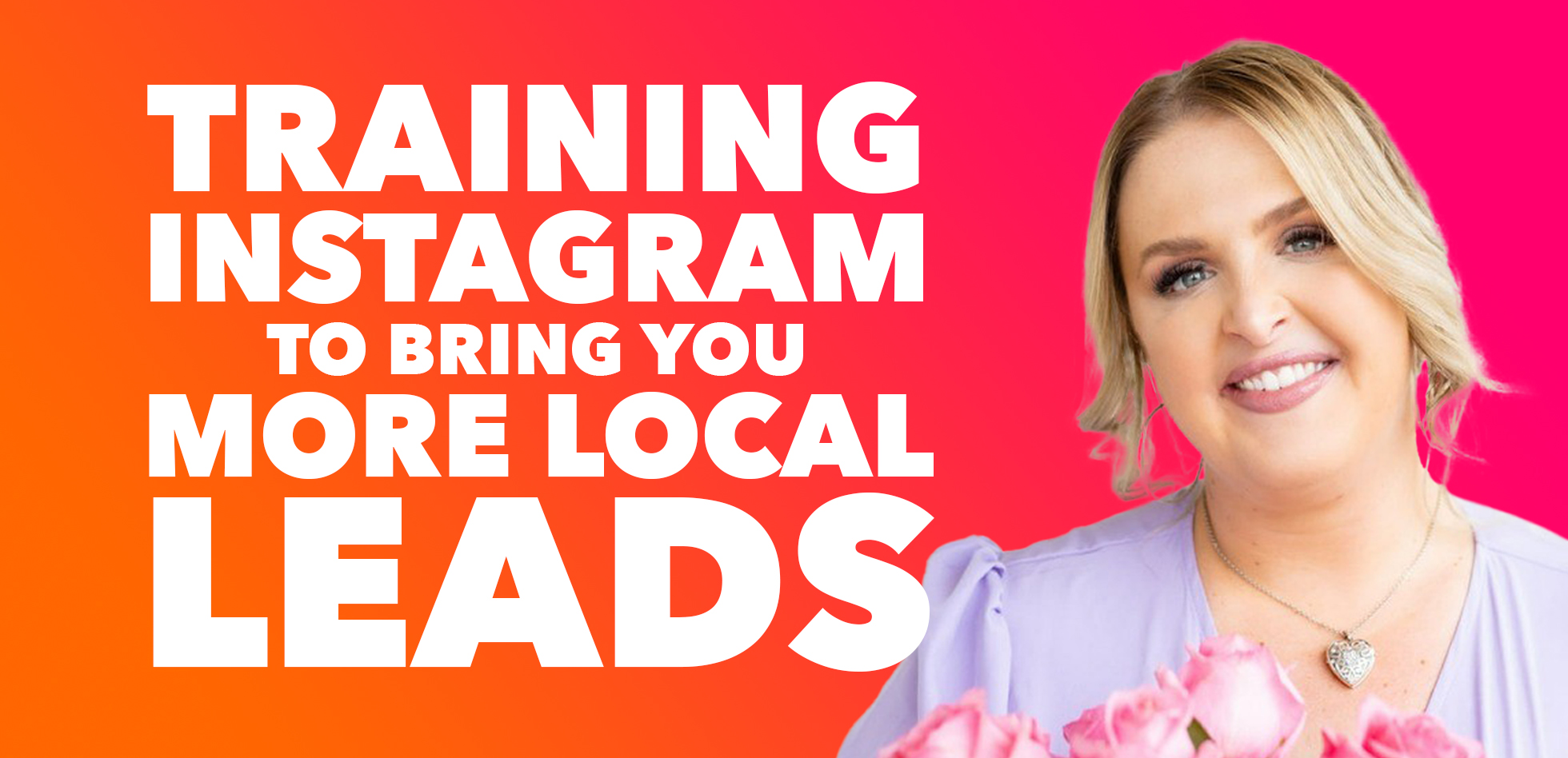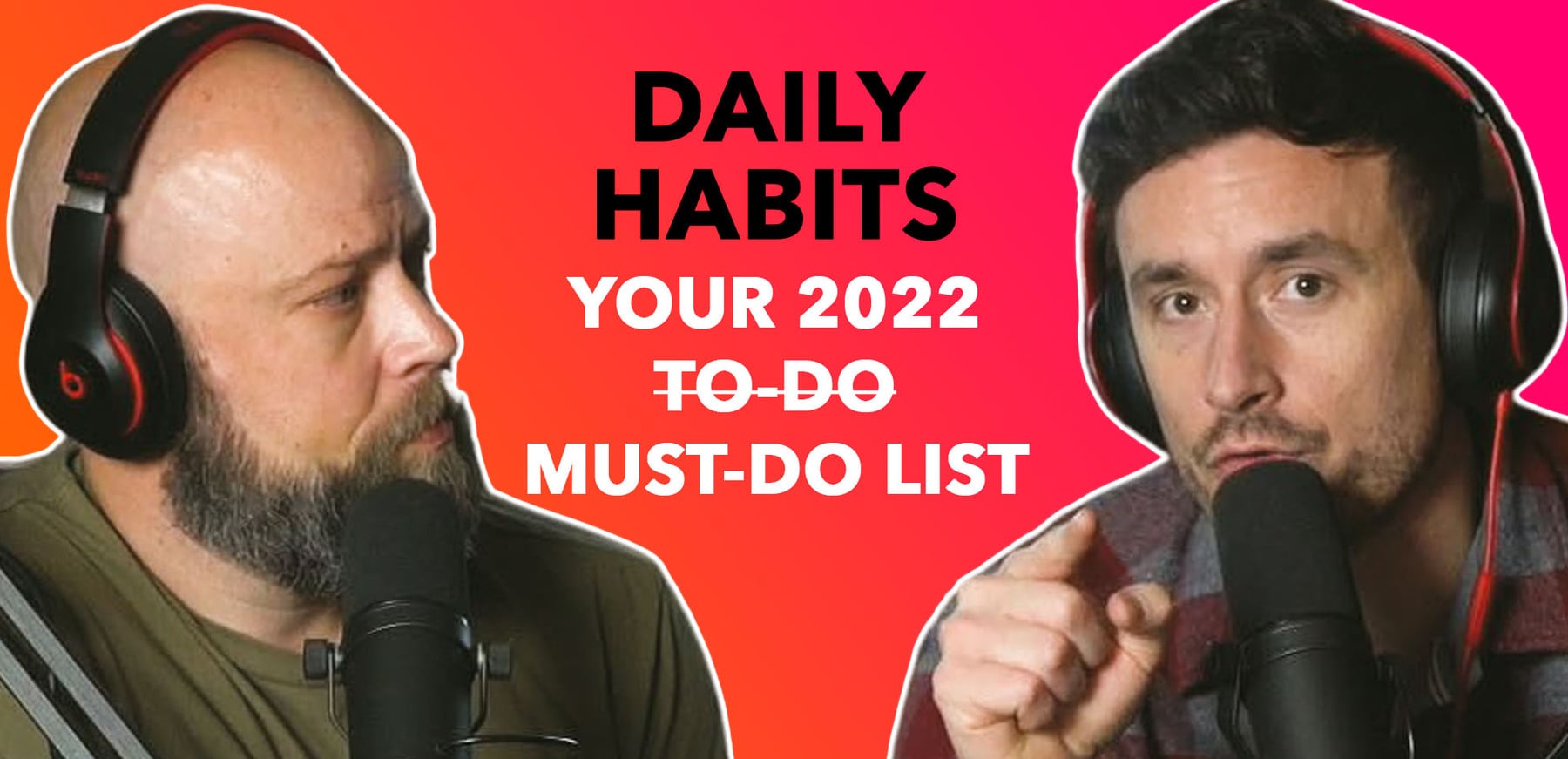How Habits Are Formed
Who should listen: If you’re a professional salesperson who has struggled to improve your production, then you’ll want to listen for the 3 daily habits that will focus your attention and energy on the most critical income-producing activities.
Key idea: Sales resolve all problems.
Action item: Do your due diligence and follow up with your leads every day.
In this Silver Dollar episode, we talk about 3 habits that, if consistently followed, are guaranteed to bring all professional salespeople more success.
These are not unique or unheard of actions.
In fact, they’re about as basic as you can get.
If they’re so basic, then why don’t salespeople, perhaps yourself included, do them? Why aren’t they the daily habits of every real estate agent, insurance agent, financial advisor, mortgage broker—literally every person whose living is dependent on making sales?
There are 4 reasons, and among them, you’ll find the origin for every excuse for not doing what works.
But first, let’s make sure we all understand what a habit really is.
What is a habit?
In layperson’s terms, a habit is an action we do often and routinely. A habit can be a behavior or a thought, and we often perform habits without thinking about them. Some people, including James Clear, the author of Atomic Habits [#ad] claim that our habits are the sum of who we are: “What you repeatedly do (i.e. what you spend time thinking about and doing each day) ultimately forms the person you are, the things you believe, and the personality that you portray.”
In Atomic Habits, Clear writes that there are 4 steps we all go through in the process of forming a habit—cue, craving, response, and reward. These 4 stages form a feedback loop that creates a habit. However, he notes that:
If a behavior is insufficient in any of the four stages, it will not become a habit. Eliminate the cue and your habit will never start. Reduce the craving and you won’t experience enough motivation to act. Make the behavior difficult and you won’t be able to do it. And if the reward fails to satisfy your desire, then you’ll have no reason to do it again in the future. Without the first three steps, a behavior will not occur. Without all four, a behavior will not be repeated.
If you find yourself not following the 3 daily habits we suggest in this episode (prospect, engage in personal development, and follow up), then, according to Clear, the problem lies in one of his 4 steps. Here we will explain a bit beyond what was discussed in the episode to help you correct any insufficiency in forming the 3 daily habits of success.
1. Cue
A cue is something that points us in the direction of a reward. They are hints toward something we want, and we are continuously scanning our environment for these cues. In prehistory, we looked for cues that pointed us toward those things necessary to survival—food, shelter, and sex. Today, we look for cues that bring us more modern rewards—money, power, esteem, love, satisfaction, friendship, etc.
2. Craving
If cues tell us a reward is near, then cravings are the motivation to follow up on the cues. Without cravings to move from where we are and closer to the reward, we’ve got no reason to act.
For Clear, it’s important that we don’t confuse cravings with rewards. “What you crave is not the habit itself but the change in state it delivers.” You do not crave smoking a cigarette, you crave the feeling of relief it provides.”
Think about if for a minute and you’ll realize that what acts as a craving will differ from person. We all interpret cues differently. Even if we all desire a feeling of relief, the cue that leads to the craving that motivates us to act may be a cigarette for some, while for others it may be a piece of chocolate, a hot bath, or time alone.
3. Response
The response is the habit, and whether we respond will depend on two things:
- How strong the craving is (i.e., how motivated we are to change)
- Our ability to respond (can we perform the necessary action)
In the first case, if the craving is not strong enough to overcome any resistance to it, then we won’t take the necessary action to change. If, for example, if we feel that it takes too much effort to satisfy our craving, then we won’t do it. The strength of the craving simply isn’t enough to overcome our resistance.
In the second case, you may want to break the record for the 100-yard dash, but if you can’t run fast enough, then it won’t happen.
4. Reward
When completed, a response should deliver the desired reward. The goal of every habit is to attain its reward. Working through the 4 steps, “The cue is about noticing the reward. The craving is about wanting the reward. The response is about obtaining the reward.” Obtain the reward, and you’ve reinforced the cue—and so the loop continues.
Why do we fail to form habits?
We’re assuming the reward professional salespeople desire is to get more leads, close more deals, and, ultimately, make more money. To achieve that reward, we recommend forming the 3 daily habits mentioned above. However, as we know, not all salespeople prospect, engage in self-development, or follow up. Why not?
Let’s use Clear’s model to see what might stop someone from forming a daily habit to prospect. If you recognize yourself in any of the scenarios that follow, then perhaps you can begin to ask yourself some potentially tough questions and then take the necessary steps to move forward.
1. You don’t recognize the cues.
If you’re in sales, then you’ve undoubtedly been told that you need to prospect to find leads. But is it possible that you don’t fully believe it? Is it possible you believe there are alternatives or better ways to find leads? Do you believe the leads will come to you without actively seeking them out? Have you seen people get leads without prospecting?
2. You don’t have a sufficiently strong craving.
Is it possible that you’re not sufficiently motivated to prospect for leads? When you reluctantly prospect, do your efforts not get you closer to your desired reward? Are you insecure about what will happen if you succeed in finding leads?
3. You don’t respond.
You have the ability to prospect—you can make phone calls, send emails, buy ads, etc. But is it possible that your fear of rejection makes it too difficult for you to prospect? Is it possible that you have unrealistic expectations about how much prospecting it takes to get a lead?
4. You don’t get the reward.
If you believe that what you’re doing isn’t going to (or doesn’t) produce the reward you want, then you’ll stop doing it. Perhaps your prospecting hasn’t produced a sufficient number of leads. Maybe the leads you find don’t convert into clients. Maybe the clients you have aren’t producing enough commission.
Please enjoy this episode, and we’d appreciate it if you would give us a 5-star rating and leave a review on Apple Podcasts. (Not sure how to leave a review? Click here.)
Connect | Resources
FREE Marketing Revenue Calculator
We are a participant in the Amazon Services LLC Associates Program, an affiliate advertising program designed to provide a means for ReminderMedia to earn a small fee by linking to Amazon.com and affiliated sites.



















 Soundcloud
Soundcloud iHeart Radio
iHeart Radio Spotify
Spotify Spotify
Spotify


